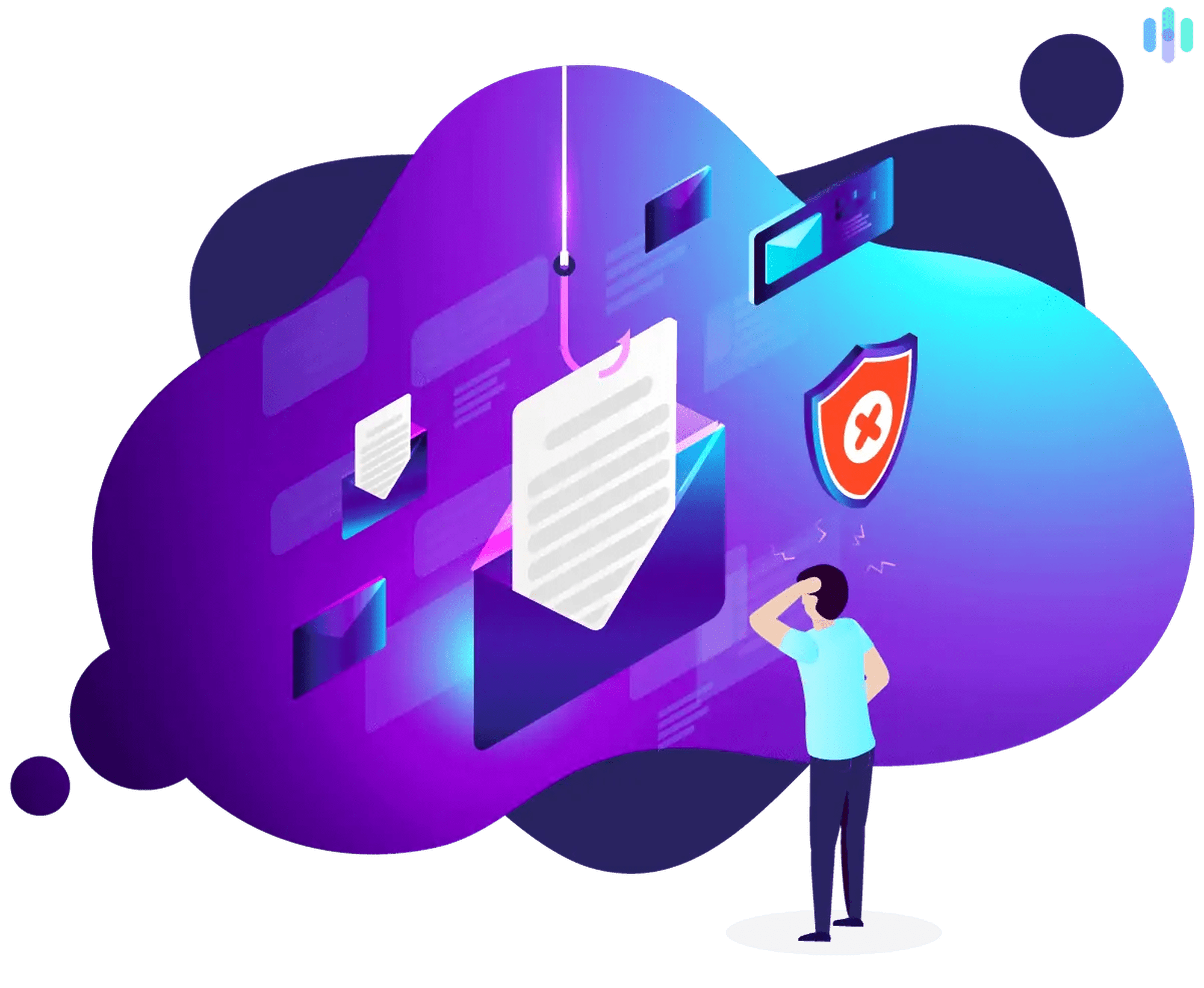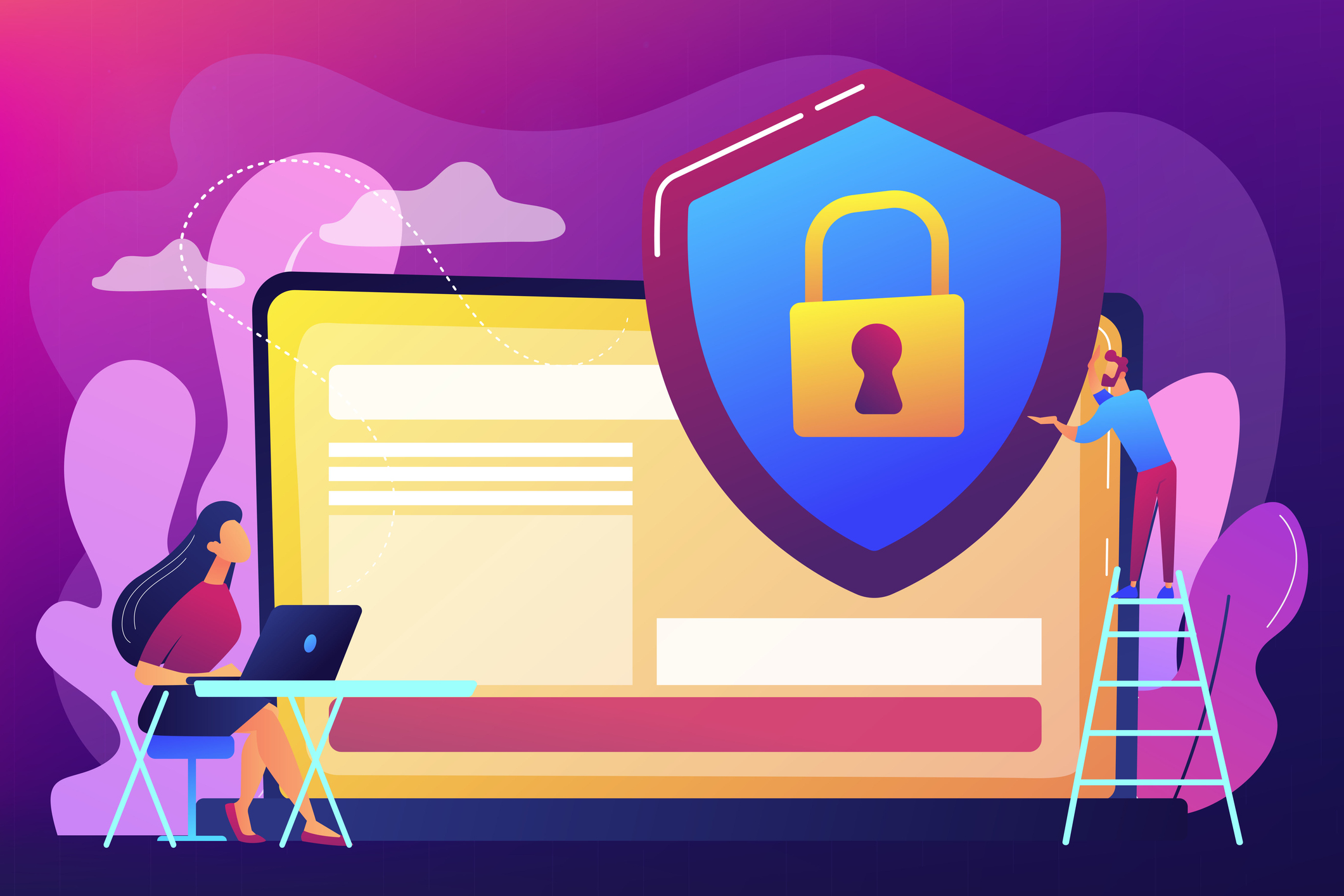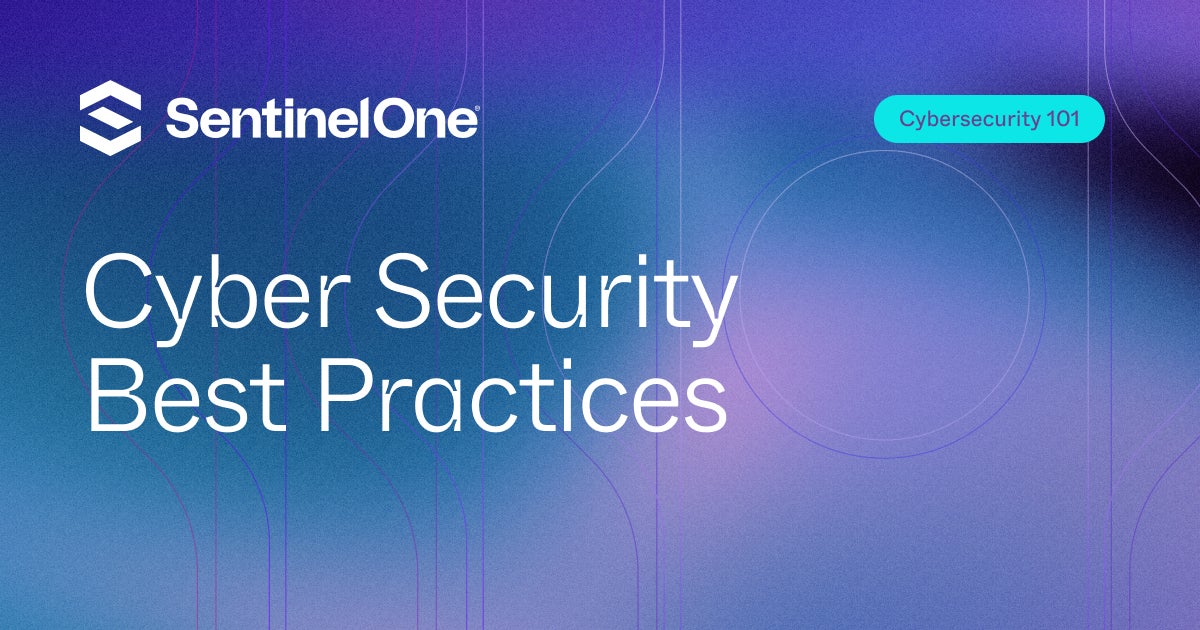7 Mind-Blowing Online Safety Hacks That Hackers Don't Want You to Know
In today's digital age, protecting your online presence has become more crucial than ever. Cybercriminals are constantly evolving their tactics, but with these seven powerful security hacks, you can stay one step ahead of them. Let's dive into these game-changing strategies that will significantly boost your online security.

1. Master the Art of Password Segregation
One of the most overlooked yet powerful security practices is password segregation. Instead of using similar passwords across multiple accounts, create distinct password categories:
- Tier 1: Ultra-secure passwords for financial accounts
- Tier 2: Complex passwords for professional accounts
- Tier 3: Standard passwords for less critical accounts
Remember to use a minimum of 12 characters, combining uppercase, lowercase, numbers, and special characters for each tier.
2. Implement Zero-Trust Authentication
The zero-trust model has emerged as a game-changing security approach in 2025. Never automatically trust any device or user, even within your network. Enable:
- Multi-factor authentication (MFA) on all accounts
- Biometric verification when available
- Regular device authentication checks
- Location-based access controls

3. Deploy Digital Footprint Minimization
Hackers can't target what they can't find. Minimize your digital footprint by:
- Regularly auditing and removing unused online accounts
- Using privacy-focused browsers and search engines
- Implementing browser compartmentalization (separate browsers for different activities)
- Utilizing temporary email services for one-time registrations
4. Leverage AI-Powered Security Tools
Modern cybersecurity has evolved to incorporate artificial intelligence. Use these advanced tools to:
- Monitor suspicious login attempts
- Detect unusual account activity
- Analyze potential phishing attempts
- Automatically update security protocols
5. Master the Art of Social Engineering Defense
Social engineering remains one of hackers' favorite techniques. Protect yourself by:
- Verifying sender identities through alternative channels
- Never sharing sensitive information via email or phone
- Using email aliases for different services
- Implementing DMARC protocols for your domains

6. Implement Network Segmentation
Create separate network environments for different activities:
- Dedicated network for financial transactions
- Separate IoT device network
- Guest network for visitors
- Personal network for daily activities
This ensures that if one network is compromised, others remain secure.
7. Utilize Privacy-Focused Communication
Secure your communications with:
- End-to-end encrypted messaging apps
- Virtual Private Networks (VPNs)
- Encrypted email services
- Secure file-sharing platforms
Best Practices for Implementation
To make the most of these security hacks:
- Regular Security Audits: Conduct monthly security checkups
- Update All Software: Keep systems and applications current
- Backup Data: Maintain encrypted backups of important information
- Education: Stay informed about the latest security threats

Advanced Tips for Enhanced Security
- Use hardware security keys for critical accounts
- Implement DNS-level security
- Regular password rotation schedules
- Enable breach notifications for all accounts
- Use secure password managers
Remember, cybersecurity is not a one-time setup but an ongoing process. These hacks require regular maintenance and updates to remain effective against evolving threats.
Ready to take your cybersecurity knowledge to the next level? Explore comprehensive cybersecurity courses and resources at 01TEK. Our expert-led programs will help you master these security hacks and many more advanced techniques. Visit 01TEK's Cybersecurity Hub today and join the ranks of cyber-savvy professionals who stay ahead of threats.
Sources:
If you can do something to get somebody excited — not everybody — but if you can be the best for somebody, then you can win.
Ron Shaich, founder and CEO of Panera Bread



